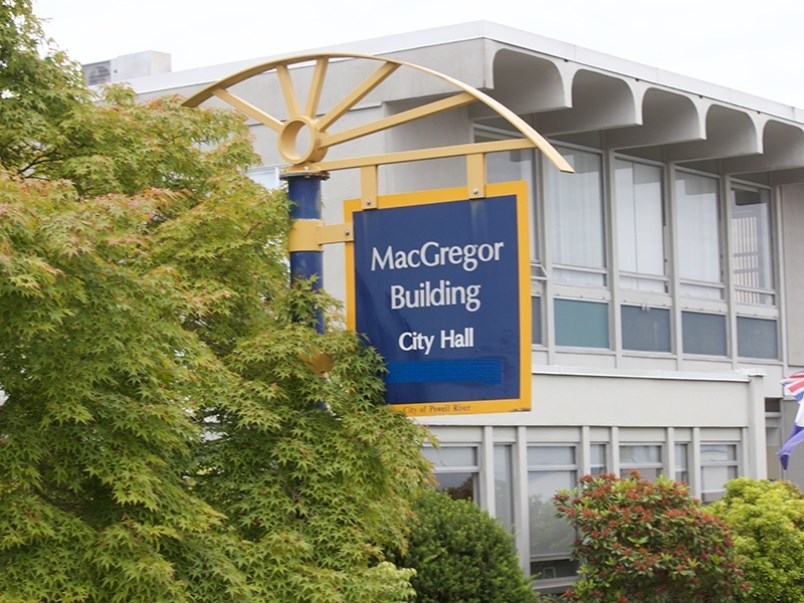North Island 911’s service will be substantially upgraded over the next three years.
City of Powell River councillor George Doubt, who also sits as a city director with qathet Regional District (qRD), reported on a recent meeting he attended of the North Island 911 service, where changes were outlined. Doubt spoke at both the recent qRD and City of Powell River Council meetings about the changes to the system.
Doubt said at the March 5 council meeting that as part of his duties at the regional district, he is the qRD director for North Island 911, which is the emergency dispatch service for Powell River and area. He said the organization is going to be transitioning along with the other emergency dispatch programs in the country to next generation 911.
Doubt said next generation 911 is what follows the existing 911 system, known as the legacy system, where anyone can pick up the telephone and dial to get the 911 service. Doubt said that has worked for a long time, but that is changing over to next generation 911, which will offer a more comprehensive service.
He said it is an initiative for updating 911 service infrastructure to improve emergency communications in a growing wireless, mobile society.
“If Lyft and Uber can tell where you are and pick you up at the corner, why can’t the fire department do the same thing? That is going to require some major changes to the 911 service,” said Doubt. “The expectation is the 911 service will be able to be accessed from any device at any location. That means a cell phone, a tablet or any other electronic device that you can communicate with, you would be able to communicate with your emergency provider. That is going to require some significant changes.”
Doubt said the process now when 911 is dialed, the call goes to an answering system, which is E-Comm 911 in BC. E-Comm 911 answers the call and then forwards it to the dispatching operator, which, in Powell River’s case, is North Island 911. He said they take the call, analyze it and decide which fire department or ambulance service to dispatch that call to.
“The calls in the new next generation 911 will come in maybe from a cell phone, maybe from an iPad and will go directly to the dispatching service, which is going to require a whole new set of communications ability, both incoming and outgoing for the dispatch centre, and the ability to store video and information they get.
“Someone, for instance, who is unable to talk may call from an iPad and provide video evidence of where a fire or emergency is taking place, and in order to do all of the necessary paperwork and record keeping, the dispatch system will have to maintain a file of all of those things. It will go from voice telephone communication to voice over internet protocol, which is going to require some major changes to the North Island 911 equipment and program.”
This year, the upgrade will cost about $350,000, which North Island 911 has in reserve for performing the upgrade. Doubt said the transition will occur over a period of time, and will include what’s known as geodetic routing of calls, which will help the dispatcher to understand exactly where the device is that is making the call.
Doubt said in the future, North Island 911 may be able to relay video directly to a fire truck or the ambulance if the emergency service to which it is being routed has the capability to receive it.
“It’s the beginning of a new process,” he said. “It’s not optional. The Canadian government has mandated the next generation 911 services. They will have to be developed in the next three years. At the end of those three years the communications companies will no longer be required to maintain the existing legacy 911 service.”
Doubt said it will make communicating with 911 easier and more flexible. There are going to be some cost implications and he said the potential taxing ability will come through the qRD. This year, reserves are going to be able to take care of the upgrade.
“This new development is, I think, exciting,” said Doubt. “It is going to work particularly well for people who have difficulty communicating by voice.”



